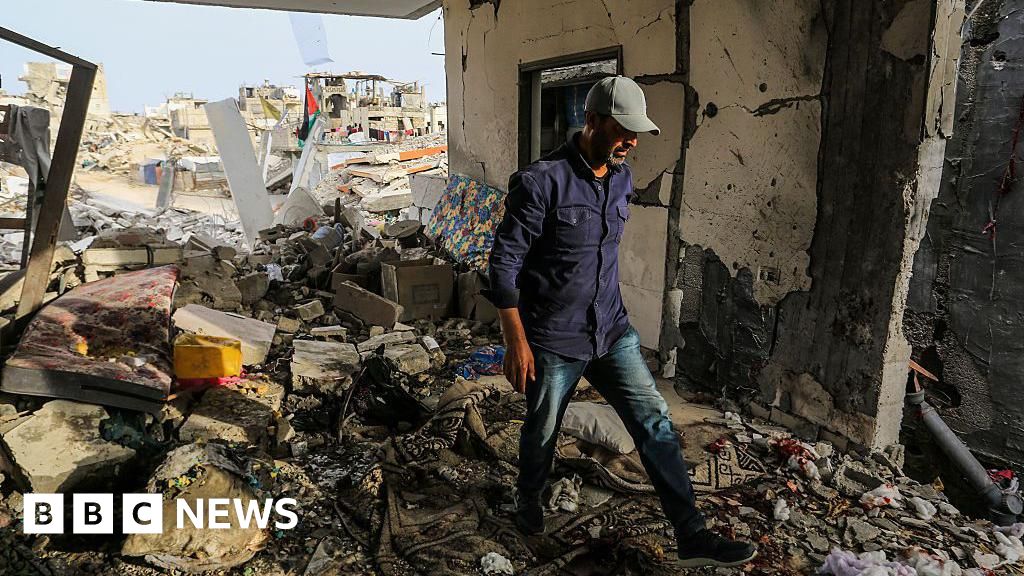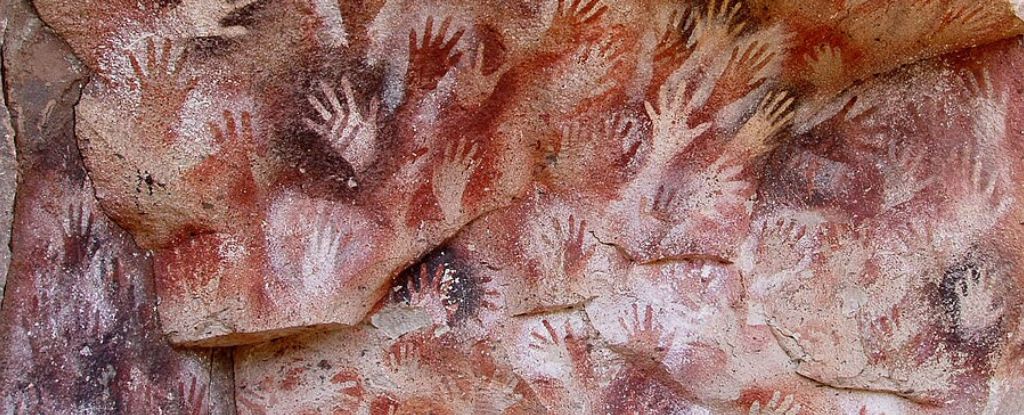Israeli Airstrikes in Gaza Claim Hundreds of Lives Amid Ongoing Conflict

Israeli airstrikes across the Gaza Strip on Thursday resulted in the deaths of at least 50 Palestinians, according to health officials and first responders in the region. The violence escalated early in the day when nine individuals lost their lives when a missile struck a police station situated in the bustling market area of Jabalia town, located in northern Gaza. A local hospital reported these casualties, highlighting the devastating impact of the military actions.
The Israel Defense Forces (IDF) later confirmed the strike, asserting that they had targeted a "command-and-control center" utilized by Hamas and its ally, the Palestinian Islamic Jihad. This facility, according to the IDF, was reportedly involved in planning attacks against Israel. However, as the day unfolded, the situation escalated further. The Hamas-run Civil Defence agency reported that an additional 12 people were killed when a family home in Jabalia's Ard Halawa area received a direct hit. Many others are believed to be trapped beneath the debris, highlighting the urgent need for rescue operations.
As the military actions continued, reports indicated that another 29 individuals were killed in various locations throughout the territory. Among the deceased was a family of sixa couple and their four childrenwhose residence in the northern Sheikh Radwan neighborhood of Gaza City was bombed overnight. The Popular Front for the Liberation of Palestine (PFLP) later identified one of the victims, a man named Ali al-Sarafiti, noting that he had previously served 13 years in an Israeli prison after being convicted for an attempted suicide attack. Palestinian sources also reported multiple casualties among displaced families, with three individuals killed when their makeshift tent was struck near Nuseirat in central Gaza, and two children perished in a separate attack on another tent in the southern Khan Younis area.
The humanitarian toll of the ongoing conflict resonated deeply with the local population. Rania al-Jumla, a resident who lost her sister in a strike in Khan Younis, expressed her anguish, stating, "One by one we are getting martyred, dying in pieces." These sentiments reflect the broader despair felt by many in Gaza as the violence continues.
According to Gaza's Hamas-run health ministry, the total death toll since Israel resumed its offensive on March 18 has reached at least 1,978 individuals. This escalation followed the collapse of a two-month ceasefire, which had offered a brief respite to the people in Gaza. Israeli authorities have stated that their military pressure is aimed at compelling Hamas to release 59 hostages, 24 of whom are believed to still be alive.
In addition to the airstrikes, Israel has imposed a blockade on all humanitarian aid and essential supplies to Gaza for the past seven weeks. The United Nations has condemned this blockade, stating that it is "further depriving people of the means for survival and undermining every aspect of civilian life." The UN has called upon Israel to lift the blockade immediately, citing obligations under international law as the occupying power to ensure the provision of food, medical supplies, and essential services to the civilian population.
Despite the UN's appeals, Israel maintains that its actions comply with international law, arguing that there is no shortage of aid in Gaza. They point out that 25,000 lorries had entered the region during the recent ceasefire, suggesting that logistical support remains available. Meanwhile, community kitchens, like one in Jabalia, are working tirelessly to prepare over one million meals daily to support those affected by the ongoing conflict.




























